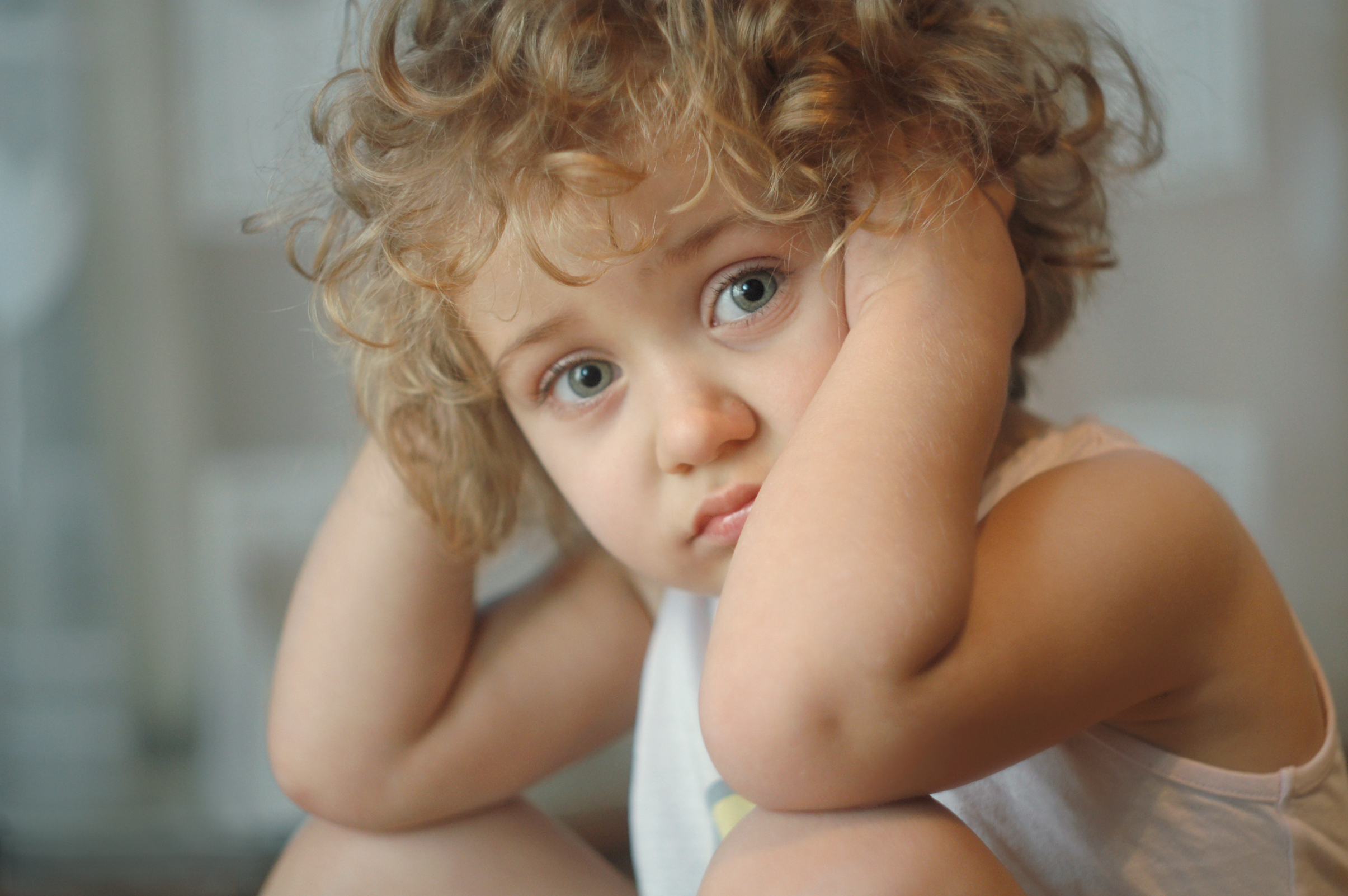When a child loses a parent, it can be extremely devastating. One of the people—sometimes the only person—they relied on is gone and they are forced to deal with the ramifications.
How do I help my child after the loss of their other parent? Is there a right way and a wrong way to approach the loss? Should I be direct or talk in euphemisms? Should I lie to them? Do I talk about my emotions or try to act strong?
These are all questions that come to mind when we think about helping a child through the grieving process after losing a parent. Thankfully, this guide breaks down the right and wrong way to approach the situation, as well as some helpful tips that will help you provide the comfort and support try need to cope with the loss of a parent.
Use Simple Words to Describe the Loss
Sometimes people worry about using direct words with children, afraid that the words will be too harsh. In reality, that is what children need. Saying “your mother isn’t here anymore” or “your dad is no longer with us” will likely bring a whirlwind of confusion for the child. Being direct and simple by saying, “I have some sad news to tell you. Your mother died,” might seem harsh, but it will eliminate the confusion that surfaces when you try to beat around the bush. Use simple, clear words when talking about death and then pause and allow the child a few moments to process what you’re saying.
Allow and Encourage Them to Express Their Feelings
When a child loses a parent—or any loved one—it is important to encourage them to express their emotions. Regardless of age or gender, children need to be able to express what they are feeling. Let them cry, let them be sad, and let them process what is happening. This is also a time to lead by example and to express what you’re feeling so that the child becomes more comfortable expressing their own emotions. Holding emotions in and not expressing them is actually detrimental to our emotional help, so sharing feelings is a great way to process what you’re both feeling.
Be Honest About What is Happening and What to Expect
After a child loses a parent you might want to coddle them and shield them from the reality of what is happening, but it is important to be honest about what they can expect. The death will certainly mean changes in their life and if you can head off any uncertainty of what is to come it will allow them to focus on processing their emotions instead. Let them know who they will be staying with—in the case of a single parent or if both parents pass away—what they can expect over the next few days, etc.
Give Them Something Tangible to Hold
Dealing with the loss of a parent is extremely difficult, especially for younger children that were very reliant on their parents for physical comfort. In situations like this, giving a child something tangible to remind them of their parent is a great source of comfort. Something as simple as planting a memorial tree, having their parent’s favorite shirt made into a pillow, gifting a snuggly teddy bear that they can sleep with, or a framed photo to keep by their bedside can provide some comfort during an emotional time.
Offer Comfort, Support, and Time to Heal
As you are helping a child deal with the loss of a parent, it is important to remember that there is no set timeframe for grief. It is important to have continual ongoing conversations about how they are feeling, but do not pressure them into thinking they are taking “too long” to heal. Simply continue providing love, comfort, and support as they process the loss of a parent. Eventually, they will process the loss and be able to continue enjoying life.

